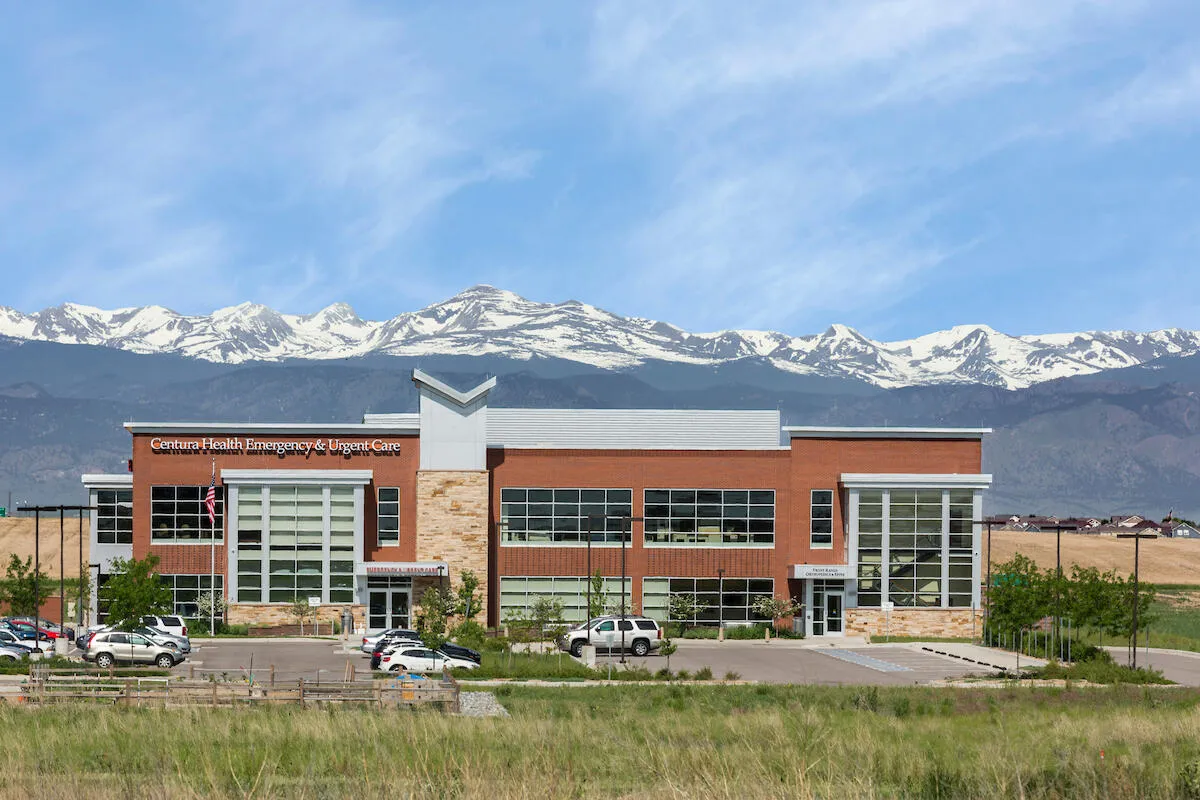CEO Roundtable: Despite high vax rate, COVID still strains Boulder Valley health care providers
BOULDER — More than 18 months into the COVID-19 pandemic, Boulder Valley’s health care community is feeling the strain of long hours, supply-chain disruptions, workforce shortages, destructive political discourse and a wave of patients seeking treatment for ailments they’d put off earlier in the pandemic.
Local industry leaders gathered Tuesday to discuss these challenges and ways to overcome them at BizWest’s CEO Roundtable on Health Care.
“The biggest concern we all have is the resiliency and sustainability of our staff,” Boulder Community Health CEO Robert Vissers said. “We are starting to see fatigue.”
SPONSORED CONTENT
This is particularly true among ICU and respiratory care teams, Good Samaritan Medical Center CEO Jennifer Alderfer said.
Systemic shortfalls are especially apparent in facilities that cater to patients who are more susceptible to infection.
“We’re kind of at ground zero,” Frasier Retirement Community CEO Timothy Johnson said of senior care facilities. “We saw so many deaths in the retirement communities around the country” but thankfully that wasn’t the case at Fraser.
Workers are being pushed to the limit as industry-wide staffing shortages are being felt more acutely.
Adding to this stressful situation is the fact that many patients who put off elective procedures early in the pandemic are starting to seek treatment.
“A lot of orthopedics isn’t truly elective,” BoulderCentre for Orthopedics CEO Cathy Higgins said. “You can put it off, but only for so long.”
Staffing shortages are increasing in many industries due to a number of macroeconomic factors, some of which are only tangentially related to COVID-19.
“We’re feeling the impacts of the shrinking labor pool out there and trying to understand how that will impact us in the long term,” Boulder Medical Center CEO Patrick Menzies said.
More work and fewer staffers is bound to take a toll on health-care workers’ mental health.
“It has been quite an 18 months,” Boulder County Medical Society executive director Judy Ladd said, and the system is traditionally “not equipped to handle these horribly complex cases” of worker mental health crises.
Staffing shortages aren’t the only economy-wide issue affecting the health care industry. Supply chain disruptions are also of concern to industry leaders.
The drive to lower costs over the past few decades may have had a negative impact on supply-chain resiliency, particularly when the system faces pandemic-related stress, Global Healthcare Exchange LLC CEO Bruce Johnson said.
While the Boulder Valley’s high vaccination rate is heartening, local health-care leaders are by no means ready to put the pandemic behind them.
Despite the death and trauma, there have been some somewhat positive byproducts of the pandemic.
While mental-health problems have been exacerbated, people are more comfortable admitting they’re struggling and seeking help.
“Destigmatization has been an amazing silver lining,” Mental Health Partners co-CEO Jennifer Leosz said.
Additionally, the pandemic has forced the industry and its clients to adapt more quickly to the trends already in play prior to the outbreak, such as telemedicine.
“COVID has been a catalyst for us to think about how we can do things better in primary care,” Nextera Healthcare CEO Clint Flanagan said.
Sponsor attendees of the CEO Roundtable included Aaron Spear, Bank of Colorado; Ashley Cawthorn, Berg Hill Greenleaf Ruscitti LLP; and Jeremy Wilson, Mike Fitzgerald, Kelly Kozeliski, Ryan Sells and Sean Nohavec of Plante Moran.
© 2021 BizWest Media LLC
BOULDER — More than 18 months into the COVID-19 pandemic, Boulder Valley’s health care community is feeling the strain of long hours, supply-chain disruptions, workforce shortages, destructive political discourse and a wave of patients seeking treatment for ailments they’d put off earlier in the pandemic.
Local industry leaders gathered Tuesday to discuss these challenges and ways to overcome them at BizWest’s CEO Roundtable on Health Care.
“The biggest concern we all have is the resiliency and sustainability of our staff,” Boulder Community Health CEO Robert Vissers said. “We are starting to see fatigue.”
This is particularly true among ICU and respiratory care teams,…





